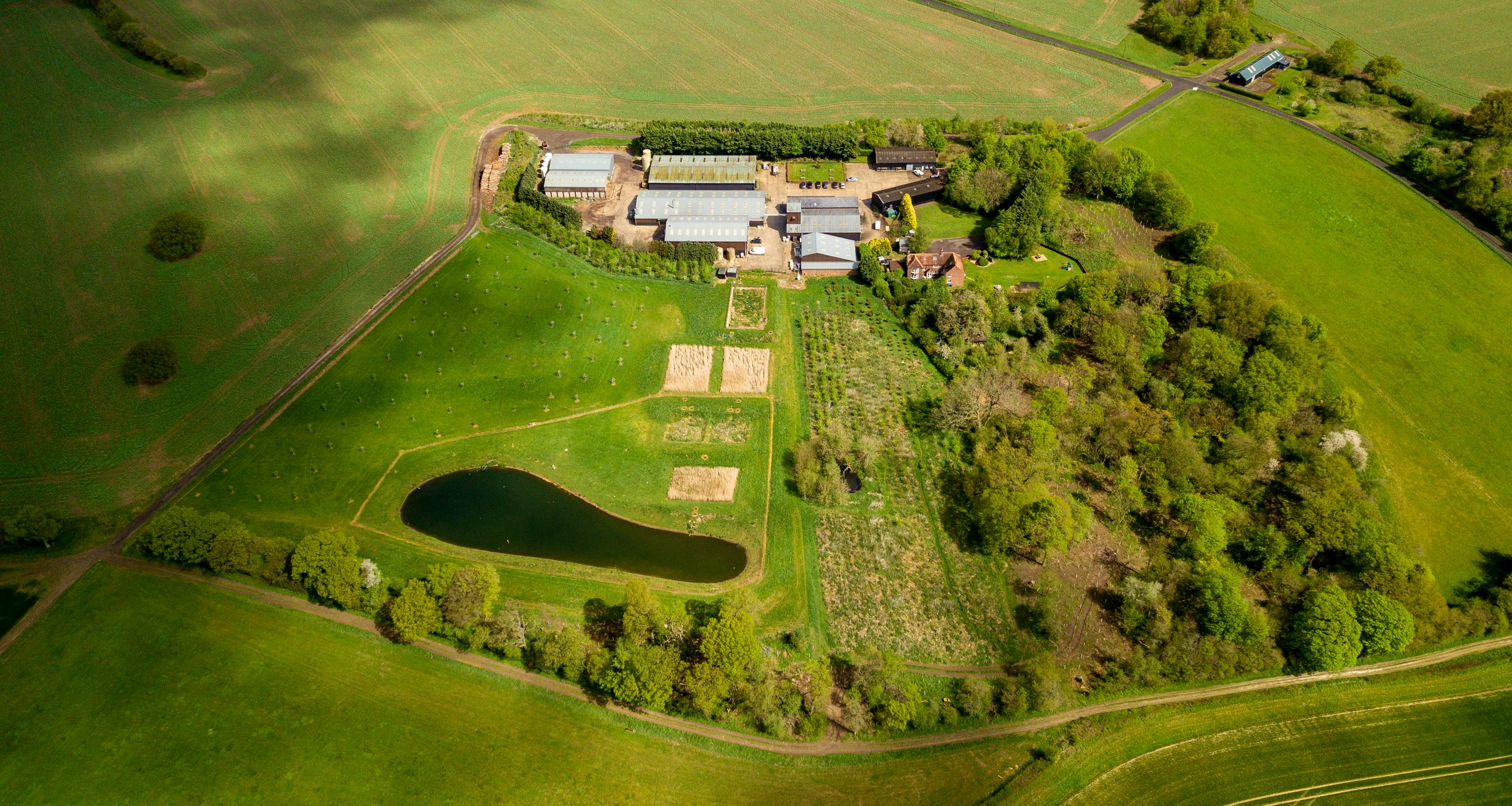
We are one of the very select few spirit brands that do everything themselves, including growing our own wheat and distilling our own base alcohol. With control over the complete production process, our spirits not only offer impeccable quality but also minimal environmental impact.
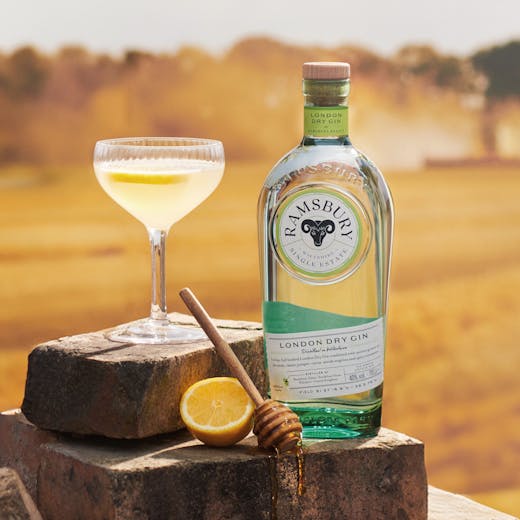
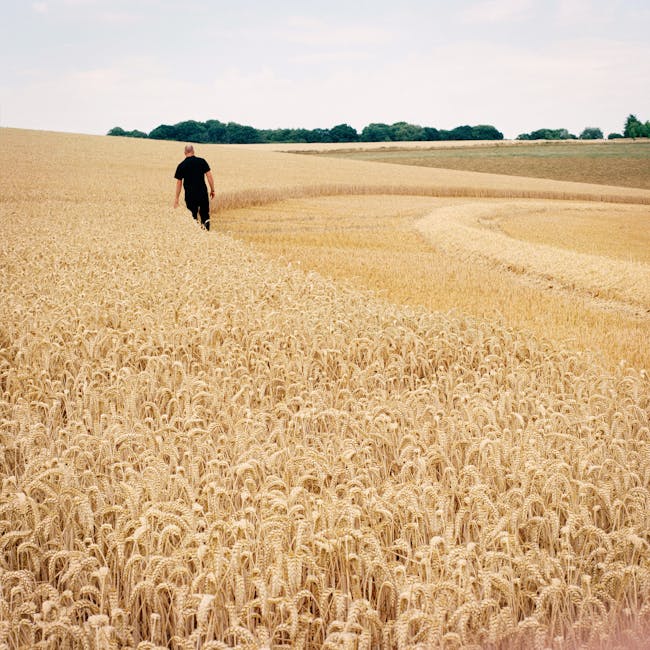
From our field to your glass
Each and every bottle of Ramsbury is the product of over a year's worth of dedicated effort, starting with growing our own wheat in the fields directly surrounding our distillery. We use winter wheat high in gluten protein that gives our spirits a complex and incredibly smooth character.
With full control over both crop and land, we not only have an unparalleled way of ensuring the quality of our products but also full control over the long-term effects and environmental impact placed on our land.
Being able to source our raw materials directly at the site of production also means we cut all unnecessary transportation usually incurred by traditional distilleries, regardless of whether they buy and distill crops or use ready-made industrial alcohol.
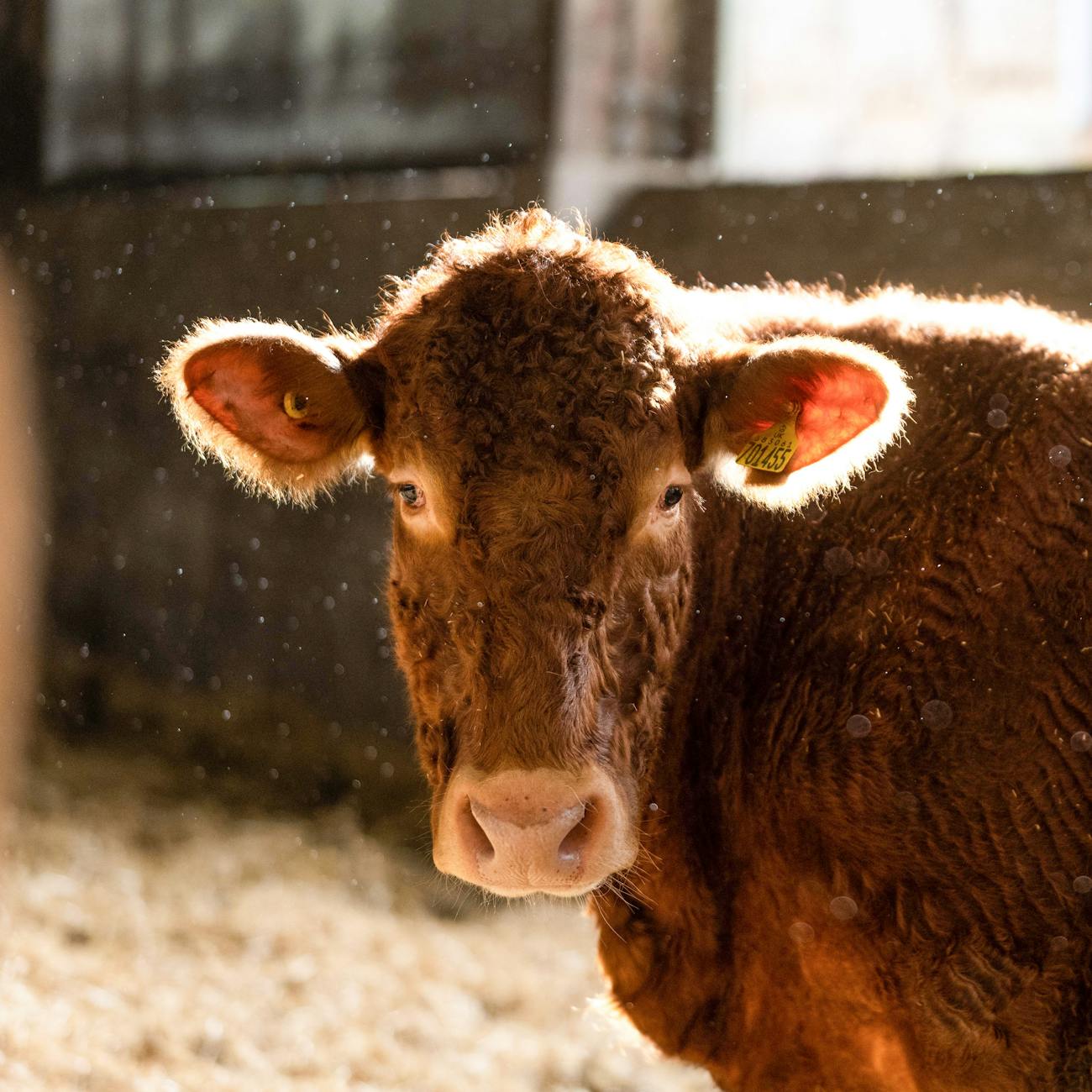
Closed loop system
Our land provides everything we need to produce our spirits, from the sun that powers our operations to the quince that grows in our backyard. And everything we take, we circle back to the land, from water to spent grains and everything in between. Our process and closed loop system might not be the easiest ways of doing things, but we believe it's the right way.
- Our stills are powered by our sustainable woodland through a biomass heating system, and the ashes are returned to the land as a natural fertilizer on our fields. Our solar panel array powers the rest of our operations.
- Any spent grains used in our process are fed to our cattle, and they, in turn, provide our fields with an additional source of natural fertilizer.
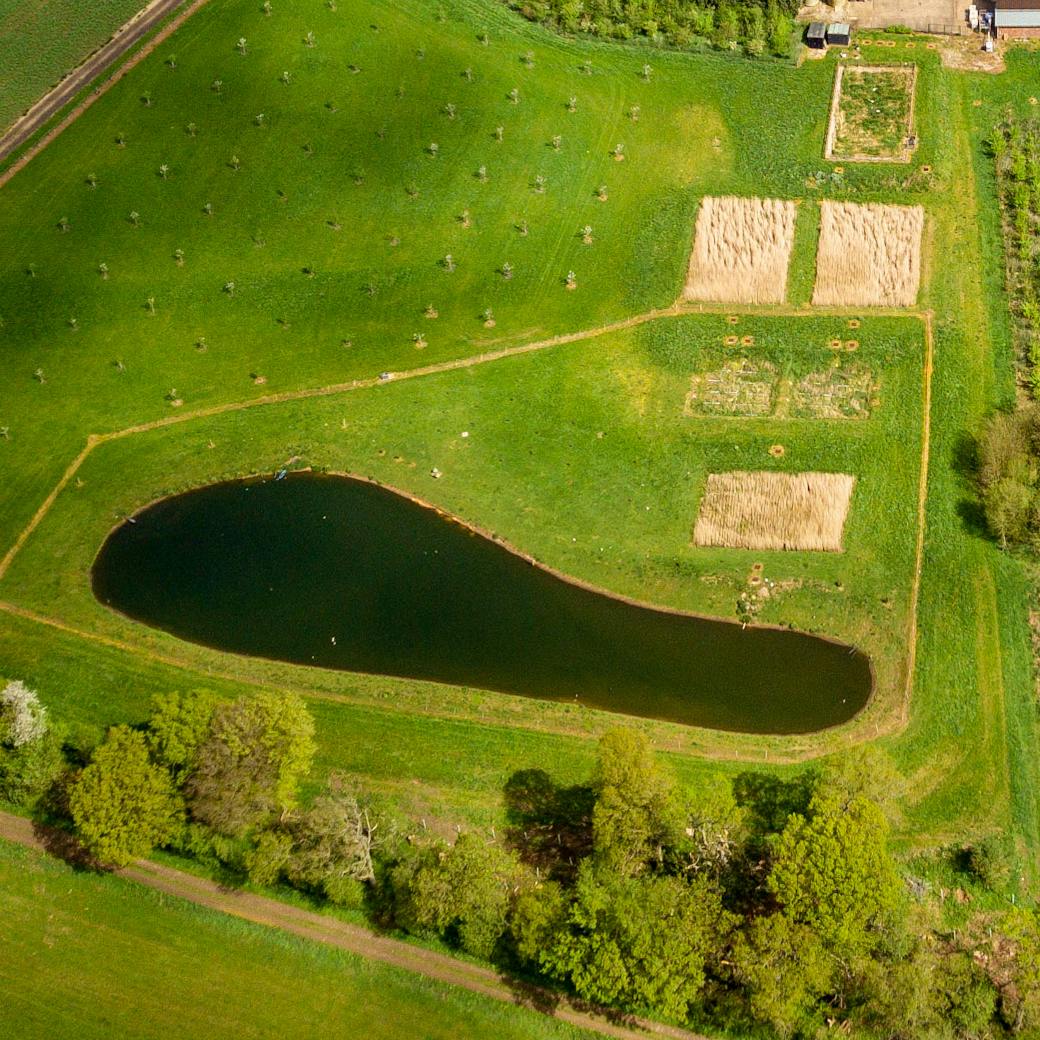
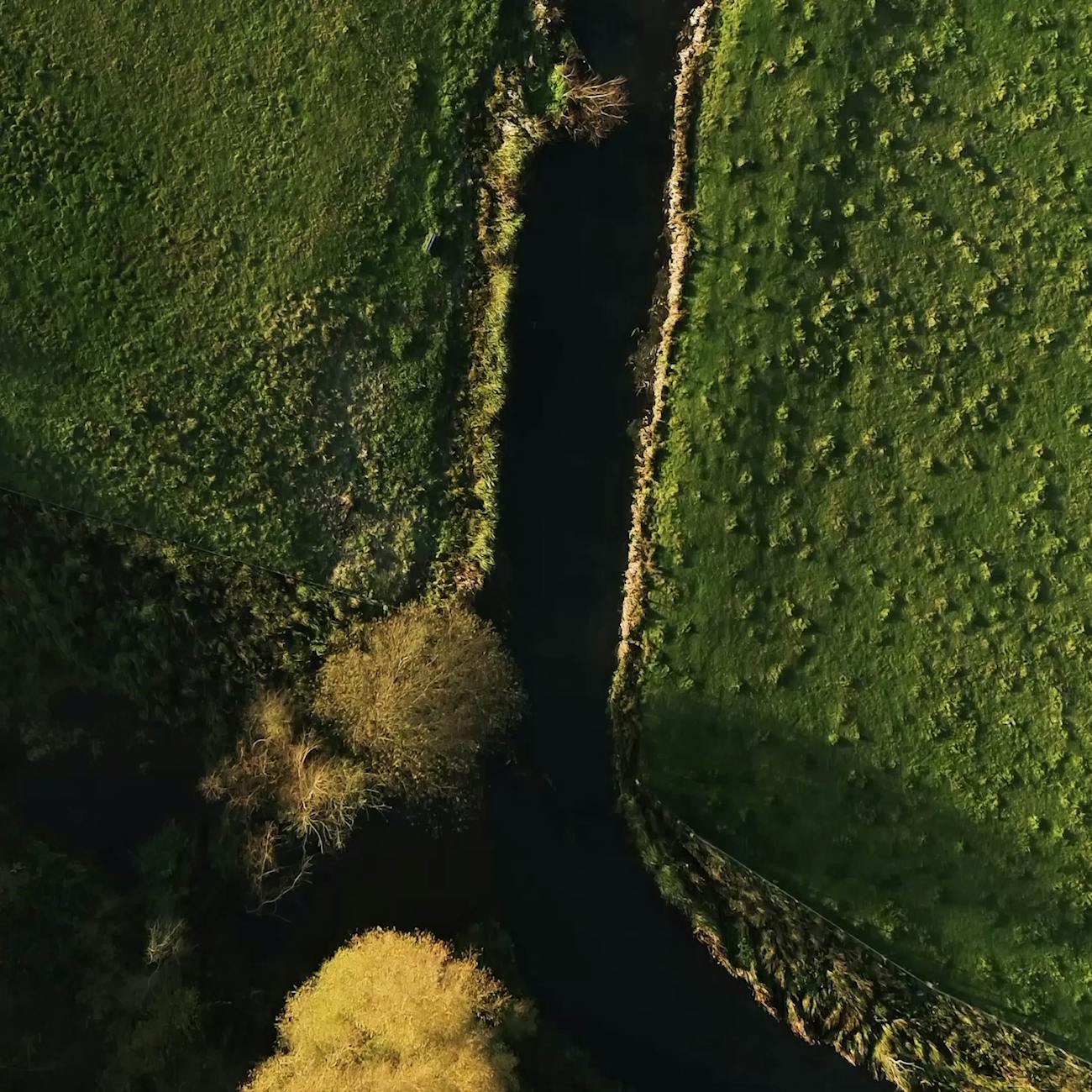
The purest of water, returned
To produce alcohol, we only need two ingredients: our wheat and water. Water is not only used throughout the production process but is also added as a last step to dilute the alcohol down from 96% ABV to a level we can enjoy. That is why the water is of great importance, not only for the impact it can cause on the land if sourced irresponsibly, but also for the quality and taste of the spirit.
We use the purest of water, naturally filtered by nature and time through chalk bedrock in an ancient aquifer spring sitting 195 meters below our distillery. This gives our vodka and gin their unrivaled smoothness and purity.
All water used throughout the process is returned back to the land after being safely filtered through a series of natural and wildlife-friendly reed beds directly behind our distillery.
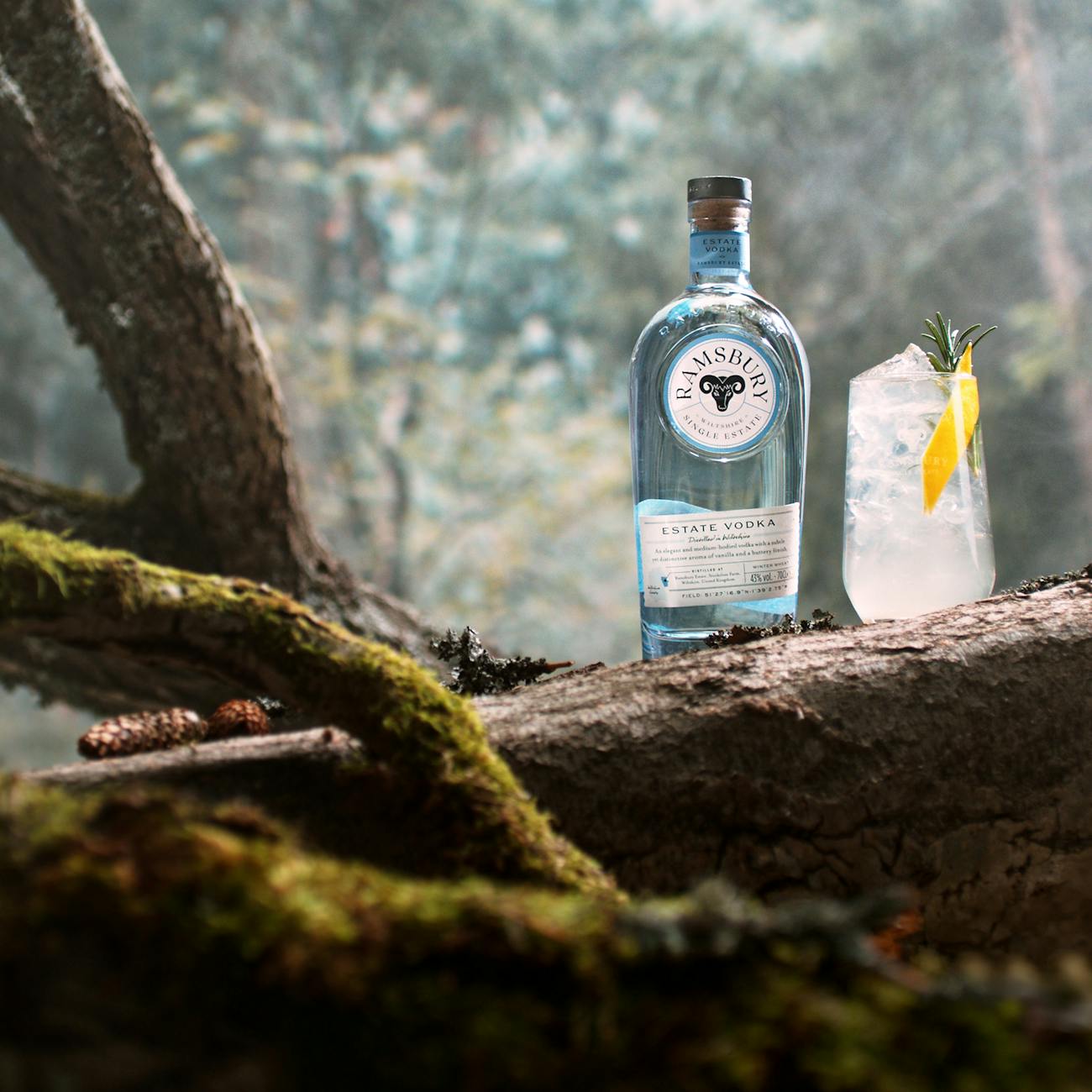
Powered by our forest
One of the most energy demanding part of our operation is powering our stills, heating 1 600 liters of liquid to 106 degrees celsius for 16 hours or more. While solar powers the rest of our operations, to meet the intense energy demand of the stills we utilize a biomass boiler powered by our own sustainable woodlands. Any wood not suitable for better use is turned into wood chips and burned to create the heat needed.
As a side effect, that allows us to reuse the ashes from the boiler as a natural fertilizer on our fields.
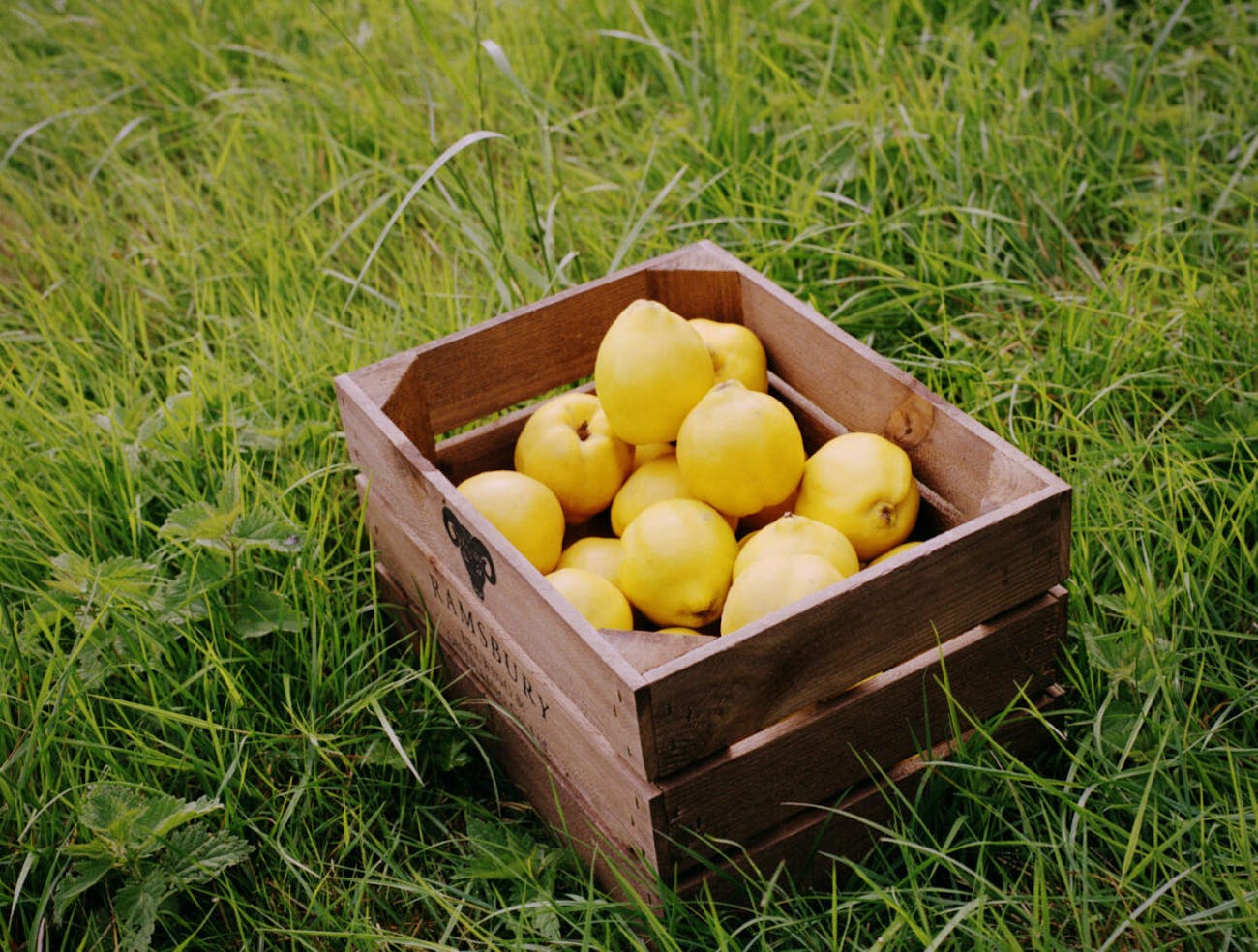
Botanicals from not afar
We produce almost everything needed to create our delicious gin, including our signature ingredient, quince, grown in our own orchard right outside our distillery.
The botanicals we cannot grow ourselves are sourced from reputable suppliers where we can keep track of the origin and means of production. We make sure to source all ingredients as close to our distillery as possible to minimize environmental impact.
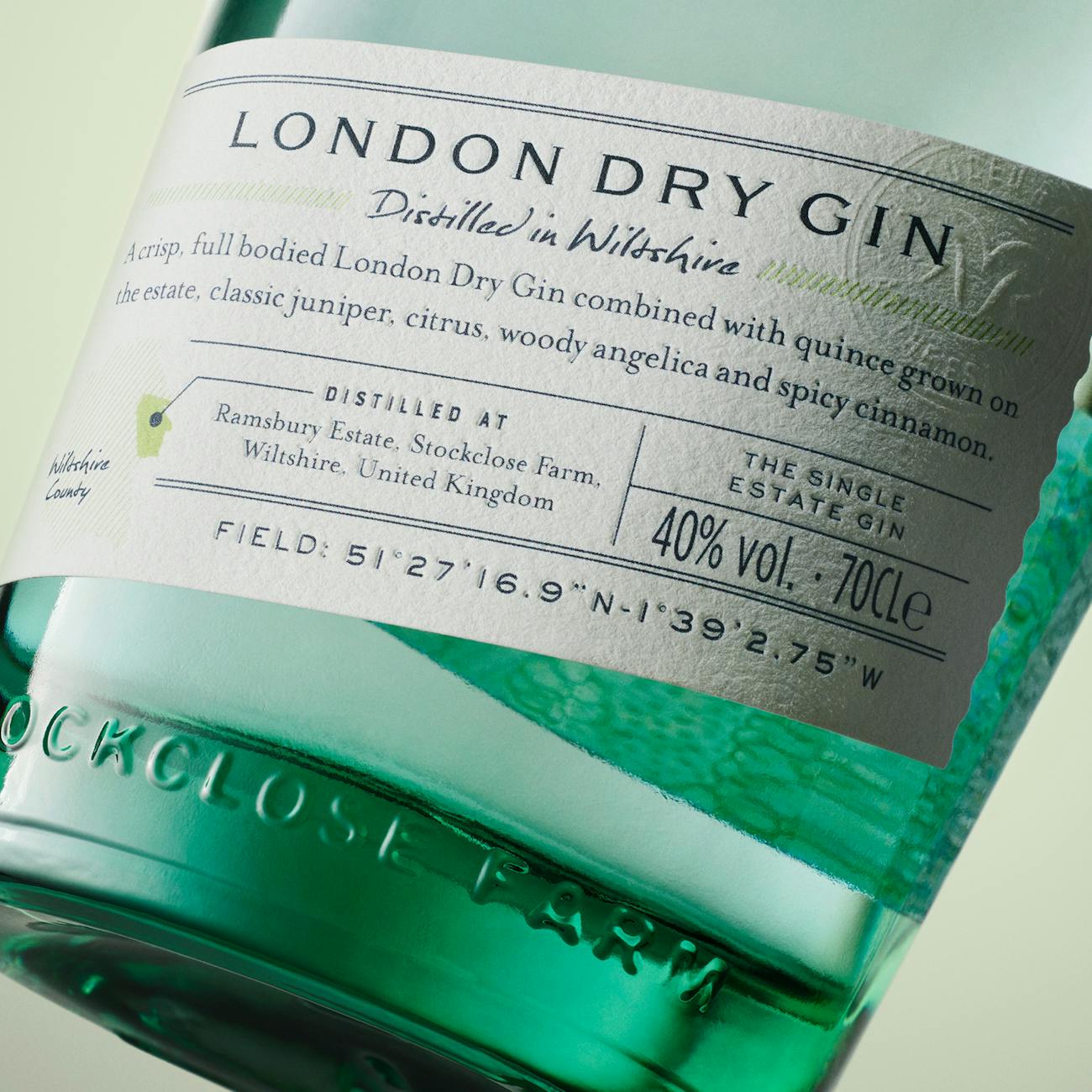
A recyclable piece of art
Our distinct bottle is produced within the UK to avoid lengthy transport. Our colored bottles are made using tinted glass instead of the painted variety to ensure they remain 100% recyclable.
Each and every bottle states directly on the label from which exact field the wheat inside originates.